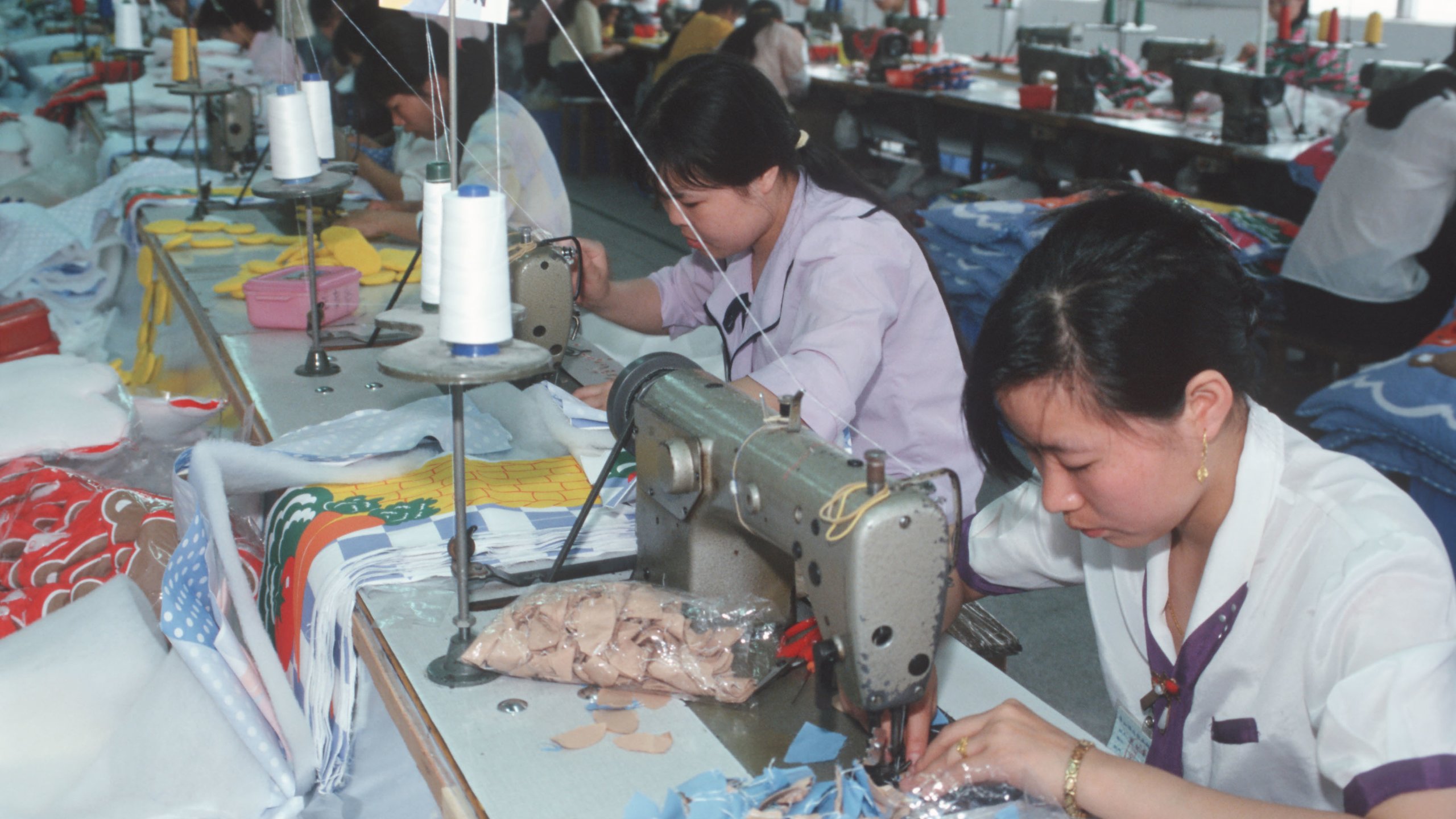C&A Foundation Better Mills Initiative Evaluation
14 February 2018 C&A Foundation

What did we evaluate?
The Better Mills Initiative (BMI) was launched in 2013 by Solidaridad, in partnership with C&A and H&M among others, in order to improve the sustainability performance of textile wet processing in the fashion supply chain in China. The initiative, co-funded by C&A Foundation, was a response to an environmental push by several fashion brands and aimed to empower participating textile mills to clean up their production processes through provision of capacity building as well as strengthening the enabling environment within a period of three years. The evaluation took place from October 2016 to March 2017.
At the end of 2016, 43 mills (nominated by six brands) had identified and implemented 675 improvements covering the seven priority ‘themes’ of water and waste water, energy, air emissions, solid waste, chemical management and working conditions. Close to the finish of the initiative the estimated results included a: total saving of 6.6 million tonnes of water, 7,200 tonnes of chemicals and 15.2 million kWh of electricity.
Results
Improvements in environmental management were reported, but lacked validation through actual measurement. Furthermore sustainability of improvements was doubtful due to insufficient capacity within the mills:
The mills implemented approximately 675 environmental improvements in both technical and non-technical aspects, in water and energy saving, resource conservation, reduced pollution, chemical management and in the optimisation of related production processes as well as in health and safety (particularly energy and chemicals and to a lesser degree, water efficiency). This led to an improvement in the surrounding environment of the mills with self-reported reduced air and water pollution and improved working conditions for employees in the mills. However, due to the lack of baseline data and target setting, quantitative data validation was not possible. Further, despite the results, evidence showed that these improvements are unlikely to be sustained at the mill level due insufficient capacity.
Effectiveness of outreach and communication was reported to be moderate with no evidence of the initiative strengthening the enabling environment:
Activities were ad-hoc due to lack of communication structures and the web portal launched for outreach was not maximised. Visibility was created for BMI through some activities, however, best practices and lessons learned were not compiled and shared across the sector. There was no conclusive evidence that the BMI initiative influenced the enabling policy environment in China.
Efficiency was limited due to high programme management costs and mill intervention costs:
Programme administration costs were about 40 percent of the total programme budget that included the resource intensive supervision of field experts by Solidaridad. The remaining 60 percent covered direct mill interventions - assessments, training and on-site support; that was regarded as a high proportion of an investment of EUR 12,500 per mill. However, BMI is still viewed as 'value for money' by most brands, but that cost reductions are required for scaling up and covering more mills. Value for money was assessed as high for participating mills as their fees and investment levels compared favourably with annual savings and potential grants from Chinese local authorities for participation in the initiative.
The relevance of the goal of the BMI was reported to be judged as good and high by relevant stakeholders - brands, mills and sector associations. The initiative was important for participating mills given the tightened environmental legislation in China and the value of addressing environmental risks from the perspective of brands. The evaluation provided recommendations based upon which the following lessons were derived:
Lessons
- A modular approach is important to address all Cleaner Production aspects within mills in the future: While BMI adopted a holistic approach across seven thematic areas, a customised, modular approach, linked to the categorisation of participating wet processing mills based on their needs and priorities (e.g. water, chemicals or energy) was lacking and reported to be crucial to align specific strategies to themes relevant to the brands and mills. A broader focus impacted effectiveness and spread resources too thin.
- Results measurement, target setting and identifying entry-level conditions for mills is key to charting effectiveness: A programme design that includes clear performance measures and target setting is key to effective and efficient programme delivery and implementation. Quantitative monitoring data collection will allow for cross-validation of improvements in technical and non-technical measures by mills. Furthermore, it is important to assess mills for their entry-level knowledge and application of Cleaner Production (CP) processes to both establish baseline conditions as well as design and roll out of capacity building that meets usefulness and demand.
- A strategic approach for outreach is vital in engaging stakeholders to influence an enabling policy environment towards promotion of sustainable production methods in the Chinese textile industry: While dissemination and outreach activities (ad-hoc seminars and media coverage) took place, they remained limited in their scope and approach. Involving a wide group of stakeholders (sector associations and local authorities) that were a part of the initiative would have helped influence their networks to engage textile mills and strengthen the enabling environment through dissemination of best practices and promotion of the use of policy instruments. Alignment to other similar initiatives such as Sustainable Apparel Coalition (SAC) and Zero Discharge of Hazardous Chemicals (ZDHC), would have helped build on existing knowledge, convergence and working in tandem to create synergies.
